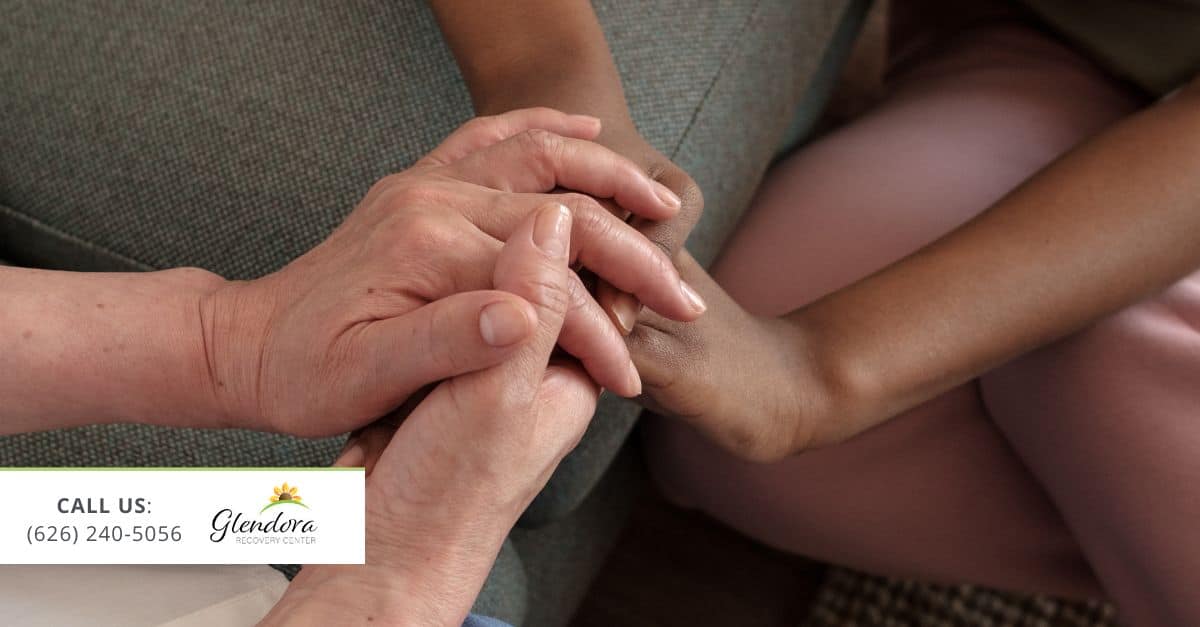There are numerous options available to people when it comes to addiction and recovery. Attending rehab programs that have been approved by the court may be the best choice for some. These programs are intended for people who have broken the law, who have battled addiction, and are currently coping with the consequences of their actions. In the following blog post, we’ll share with you the basics of these types of rehab and how our experience with court-approved rehab programs can help you or a loved one.
What Is Court Approved Treatment?
Criminal offenders with a history of alcohol and drug abuse may be offered court-approved rehab as an alternative to imprisonment. As part of their court-supervised treatment, participants in court-approved rehab are required to abstain from substance abuse and attend a rehabilitation center. For lawbreakers who acted while under the influence of an illegal or illicit substance, rehab is frequently ordered by the court depending on a few factors.
The main purpose of a court-approved rehab treatment program is to help convicted criminals get their lives back to a normal standard and keep them from committing additional, potentially more serious crimes in the future.
How Long Is The Rehab That The Court Ordered?
Each person’s court-ordered rehab program will last a different amount of time. The duration of the program will depend on the kind of addiction, the severity of the habit, and whether or not the person has previously received treatment. In our experience, we have learned that it is crucial to remember that recovery is a lifelong process and there is no universal cure. Some individuals may only be starting their road to recovery after completing court-ordered rehab. After finishing the program, some people might discover that they require additional therapy. It’s crucial to stick with the process and ask for assistance when necessary. Anyone can overcome addiction and make a full recovery with the right support.
What We’ve Learned About Court Approved Rehab Benefits
Even those who have never considered receiving treatment for their substance abuse issues may be persuaded by the idea that offenders can take part in a court-ordered substance abuse program instead of serving time in jail. People who complete the court-ordered rehabilitative experience stand to gain from it in more ways than one.
- In addition, the experience teaches them how to deal with their cravings and the stress they cause. In a step-by-step recovery program, they can learn about various coping mechanisms that can ease the burden of their addiction treatment and day-to-day life management.
- Frequent testing, which also assists in “measuring” the patient’s progress, helps hold the patient accountable.
- Patients in treatment centers learn effective coping strategies for their withdrawal symptoms.
The Detox Process
You will go through the detoxification process following the initial assessment. After using drugs or alcohol for a while, detox is the process of getting rid of them from your body. It’s crucial to rid your body of these substances, even though it can be a challenging process for some so that you’re prepared physically and mentally for the work that lies ahead in rehab. You may experience uncomfortable withdrawal symptoms if you abruptly stop using a substance that has a high potential for dependence (like heroin, morphine, benzodiazepines, or alcohol). The withdrawal symptoms brought on by these drugs are frequently treated with medication and constant monitoring.
Consequences of Disobeying a Court Order for Rehabilitation
Throughout the length of the program, there is a chance that the court-ordered addiction treatment will be broken. If the offender does not show up at the rehab facility, misses a set amount of the treatment program, or if their supervisors determine that they are not making an effort to improve, this can be considered as a violation of their sentence. A clear violation of the court’s order is not showing up. It may result in harsh punishment depending on the judgment of the authorities.
Family Is Important In Court Approved Rehab
Studies have shown that involving loved ones in the healing process improves rehab outcomes. Taking this into account, many addiction treatment programs include family therapy in their program. The addictive behaviors of a loved one frequently have a profound impact on family members. Family counseling provides a secure environment where everyone can express their feelings and where family members can discover how they might have supported or encouraged your addiction. Healing and ongoing development can be aided by acknowledging and navigating through these difficult and occasionally painful emotions.

Call Us Right Away!
It’s normal to experience fear, intimidation, or even guilt at the beginning, but fear not, we’re here to help you. Keep in mind that rehab is designed to aid in your long-term recovery. If you’re thinking about attending a court-approved rehab program to get better, get in touch with Glendora Recovery Center to learn more about the 2022 rehab programs that have been approved by the court as well as the entire procedure. Call us at (626) 594-0881 to schedule an appointment and our professionals will assist you in beginning your journey toward sobriety.




